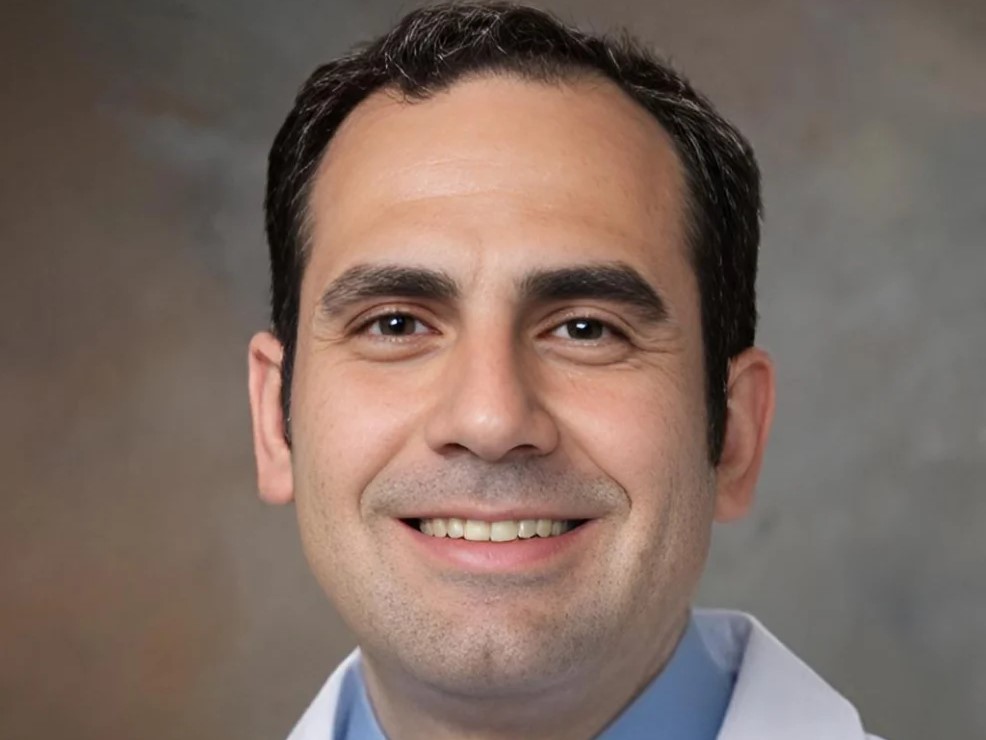Amer Zeidan shared on X/Twitter:
“Few things NOT to do when asking for a research rotation/position:
1) Don’t mass email, especially with cc in same email—it is a turnoff when many people cced, or if we forward email to a colleagues to see if they can help and find out same mass email has been sent to many.
2) Proof read your email multiple times, and especially if you are not native English speaker, ask someone who is to proof read before you send. Spelling, grammar and especially multiple errors can be a kiss of death for many investigators.
3) Individualize the introduction of your email, make sure to start with dear NAME, not dear doctor etc. introduce yourself but quickly mention why you are contacting this particular researcher. Avoid generic language like ‘great research’ or citing one random paper as reason.
4) Make sure you email people who relate to your area of work or research or at least explain the difference/reason for pivot. Again it is a major turnoff when someone asks to work with me but find their previous work was in hepatology for example.
5) While it is important to attach your CV/biography, make sure your make the case why a researcher should consider you by listing your top achievements in one paragraph. Avoid just listing generic reasons like ‘hardworking etc’. Best predictor of future success is prior success.
6) Limit your email to a page at most and have substantial details for a snap initial decision. Reality is we are very busy, get 10s such emails a week, and often will just glance at the email and decide within 30 seconds whether to respond or just move on. Make your case in 30 seconds.
7) if you are not from the same country/a citizen, it is often a good idea to mention your visa status and your current location as the reality of our current environment is this factor significantly affects these decision.
8) And finally, end your email by thanking the person for considering your request and kindly ask them to forward your email to a colleague who might be interested in case they don’t have an opening or if it is not a good fit.
9) Do not take it personally when people do not respond, many times the researchers are extremely busy and get many such requests. It gets daunting to respond to all such emails and reality is many researchers do not respond, and that should not reflect on you or your credentials.”
Source: Amer Zeidan/X
Amer Zeidan is an Associate Professor of Medicine (Hematology) at Yale University. He is also the medical director of Hematology Early Therapeutics Research, the leader of the Myeloid Malignancies DART (Disease Aligned Research Team), and the director of Continuing Medical Education (CME) at the Hematology division and chairs the Protocol Review Committee (PRC) at Yale Cancer Center. Dr. Zeidan is a well-known leukemia researcher with a special focus on targeted therapies and immunotherapy for myeloid malignancies, and a social media influencer in the field of blood cancer.


